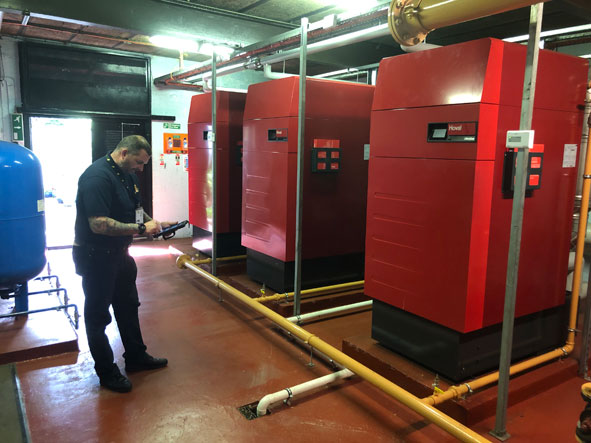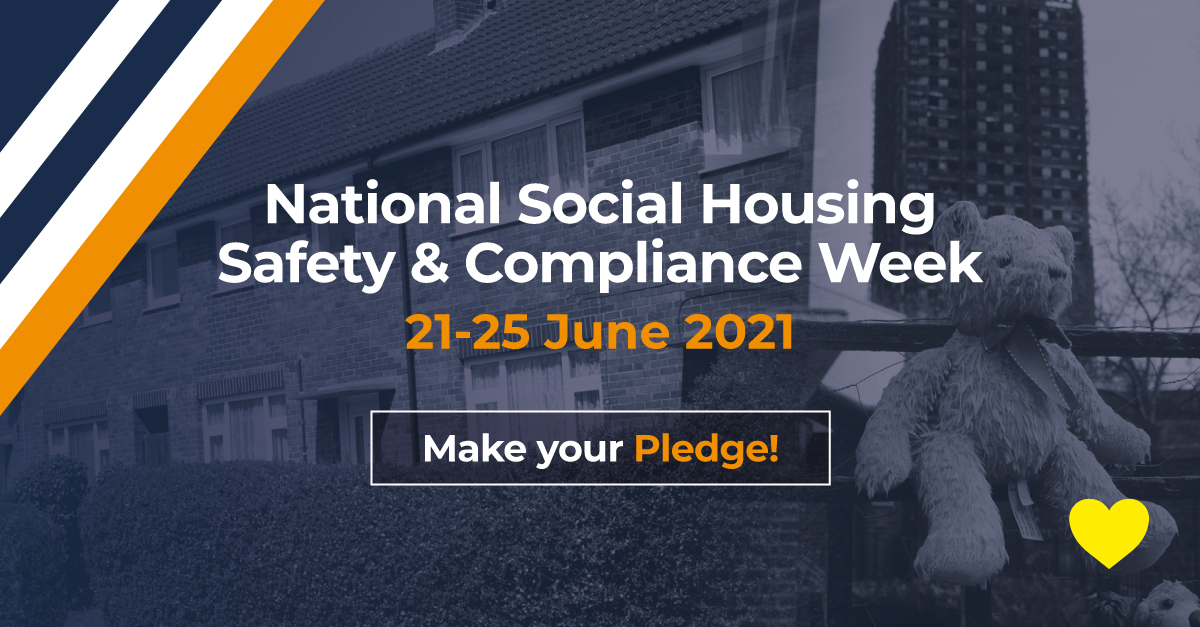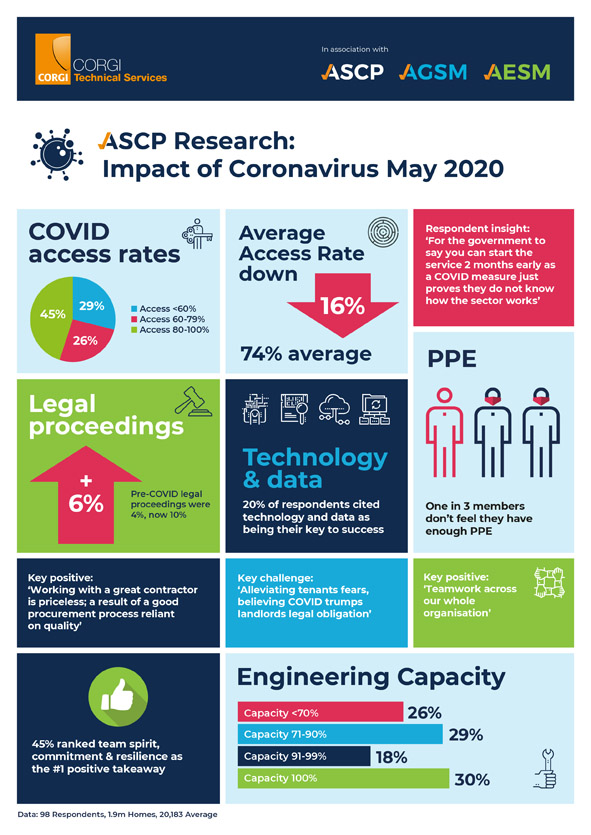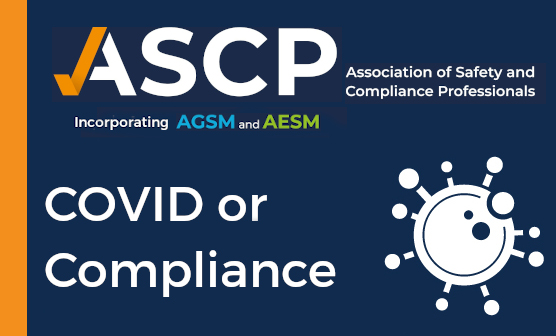Gas Pipework in Multi Occupancy Buildings – know your risks!

The Dangerous Substances and Explosive Atmospheres Regulations 2002 (DSEAR) are concerned with preventing or limiting the harmful effects of fires, explosions and similar energy-releasing events and corrosion to metals.
DSEAR imposes a requirement to eliminate or reduce risks to safety from fire, explosion or other events arising from the hazardous properties of any dangerous substance used in connection with a work process. The responsible person must carry out a suitable and sufficient assessment of risk to employees for dangerous substances that are or may be present on-site.





















